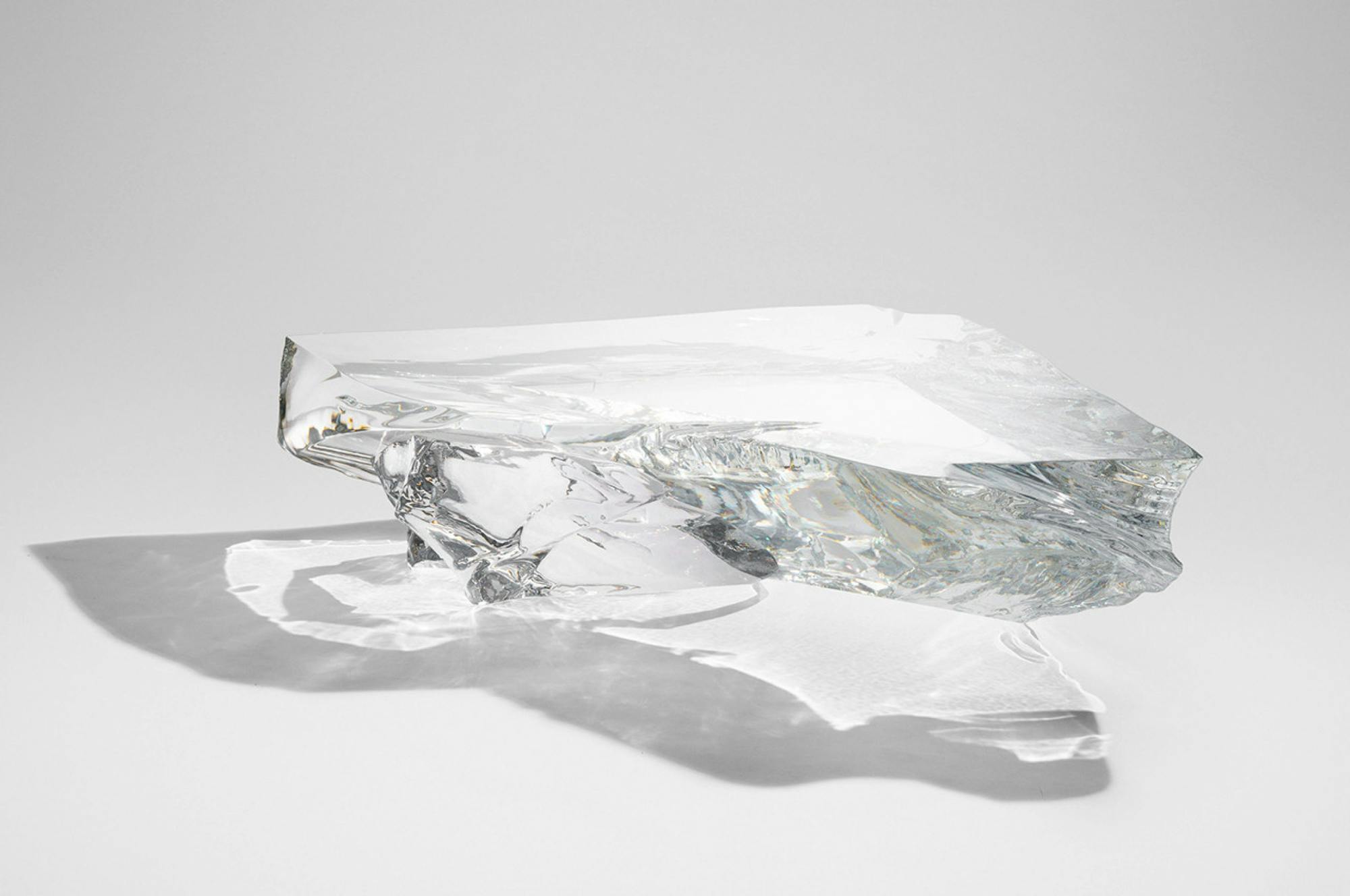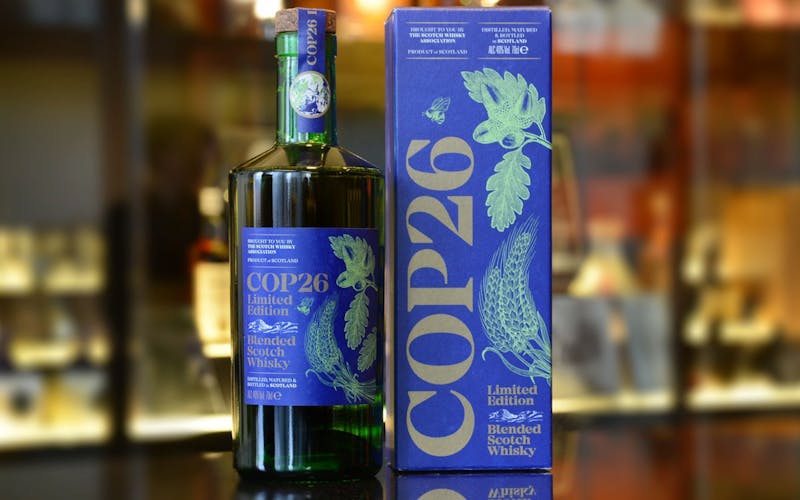

for Walpole members and
non-members available now
at The Londoner



Last month, South Pole’s Net Zero report revealed that the UK has the highest number of corporate net zero commitments globally and more companies are adding science-based targets as milestones. However, the urgency to act on these commitments is lacking and British luxury brands can get in front of their competition by creating a credible roadmap to net zero.
Step 1: Measure your impact and understand your organisation's carbon emissions, product impacts, and climate change risks.
Step 2: Set a net zero target in line with science – brands should be able to demonstrate a credible roadmap for reducing emissions to zero in line with the UN's 1.5 degree pathway.
Step 3: Reduce emissions by improving efficiency, procuring renewable energy, and decarbonising your supply chain.
Step 4: Compensate for your current carbon footprint by investing in a long-term carbon offset strategy. Climate action projects protect and restore biodiversity, improve food and water security, create new future-proof jobs, and bring renewable energy to all corners of the world.
Step 5: Engage stakeholders in your sector to communicate success and motivate competitors.
Walpole members interested in achieving net zero emissions can download South Pole’s comprehensive guide today.
1. Capitalise on luxury’s strong relationship with the supply chain
Luxury products and services require expert craftsmanship and detail-orientated suppliers. These relationships are often built over hundreds of years with one goal in mind: to bring the highest quality and most innovative products to the market. British luxury brands can capitalise on these long-standing relationships to make an ambitious climate strategy.
For example, reducing scope 3 (indirect) emissions in your operations can be challenging because it includes every stage of your product or service’s development. However, by capitalising on your long-standing relationships and the innovative talent of your suppliers, it is easier to design environmentally-friendly products and create new environmental efficiencies.
Recently, South Pole’s client Burberry increased the ambition of its science-based targets and has committed to reducing its Scope 3 greenhouse gas emissions by 46% by 2030. One of the ways that Burberry is doing this is by continuing to promote the use of renewables in its supply chain and creating bespoke renewable energy guides for its Italian suppliers.
2. Mobilise philanthropic investors to innovate on climate
All businesses need to increase funding, beyond its own operations, for innovations in clean technology and nature conservation. One way of doing this is to promote sustainable finance and broad financial frameworks. Climate funds offer businesses access to projects and ventures that can create transformative change (for people & planet) and that ensure that corporate investments are turned into verified climate impact in the most efficient way possible.
Luxury brands are in a unique position to mobilise this type of innovation as they are often closely tied to philanthropic investors that can provide finance to further develop these funds. For example, with the commitment of Chanel as an anchor investor, WWF and South Pole launched the Landscape Resilience Fund that will mobilize USD 100 million by 2025 for climate projects that support sustainable agriculture and protect forestry supply chains.
3. Share knowledge across a specialist value chain
Luxury brands forge tight connections and often coexist in similar value chains. British luxury can use these already close bonds and shared resources to drive the agenda for an ambitious net zero strategy. For example, Italian brand Gucci (part of Kering) is pioneering its Gucci Equilibrium manifesto that includes a new ‘Natural Climate Solutions Portfolio’ that protects and restores critical forests and mangroves, while also investing in regenerative agriculture within its supply chain.
If your brand doesn’t sit within a wider portfolio, this positive climate impact can also be achieved through climate consortiums or by facilitating working groups. For example, see Walpole’s sustainability summits for more information on the work of industry groups like the British Retail Consortium, Race to Zero, Business in the Community, or Tech Zero.
Are you ready to take ambitious climate action? Download South Pole's guide to achieving net zero emissions or book a call with one of its sustainability advisers in the UK & Ireland.
southpole.com








